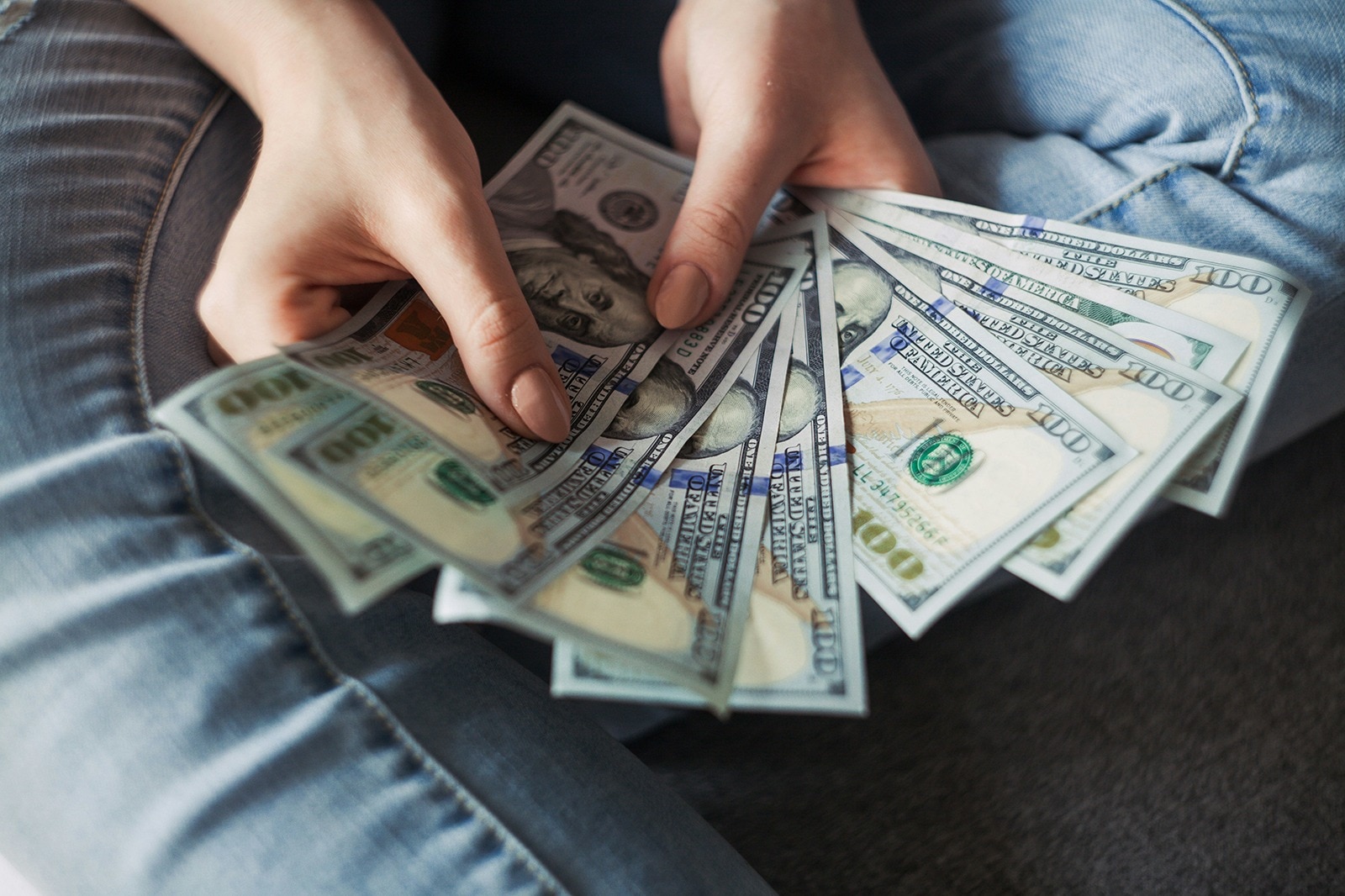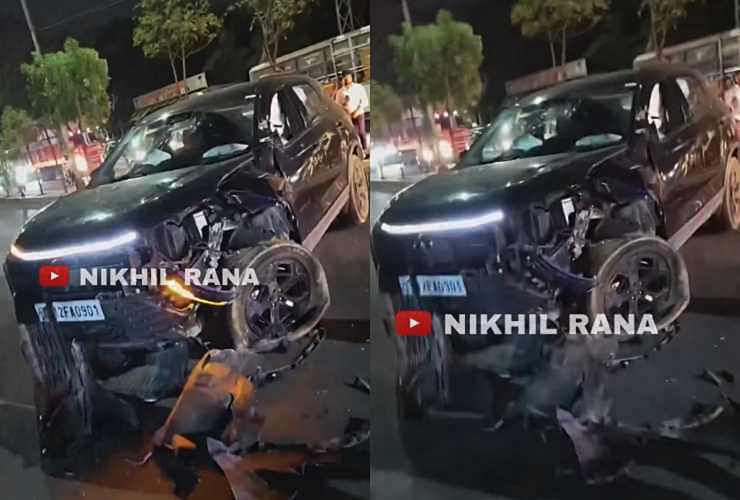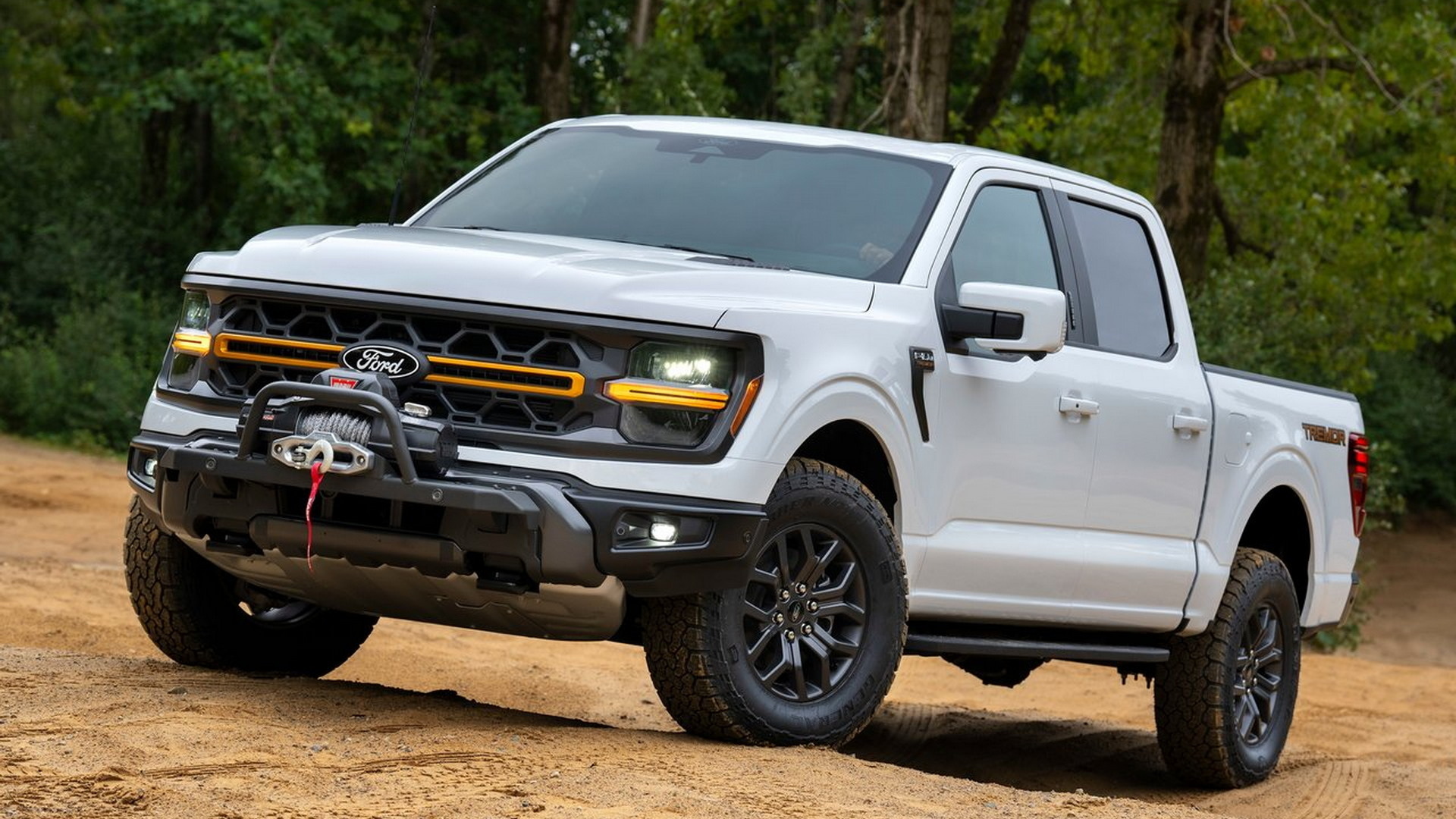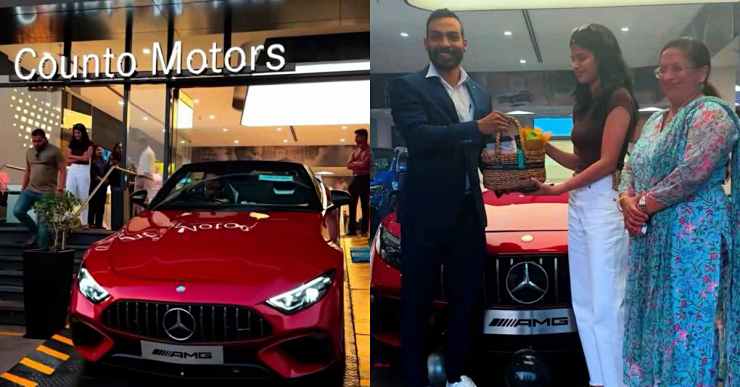No credit check: Running a credit check is considered a hard inquiry on a person’s credit. Having it done several times can lower your score, as the credit bureaus may think you’re trying to overspend. In theory, there is no need for a credit check to be run when paying for a vehicle in cash. However, this can still happen if you’re not careful. The U.S. Office of Foreign Asset Controls (OFAC) requires that car dealerships check customer names against a database of known dangerous organizations and individuals. This OFAC check tends to be incorporated into the dealership’s loan processing system and often ends up being paired with a credit check. However, your Social Security number is not required to check the Specially Designated Nationals and Blocked Persons list, only your name and address.
If the finance person at the dealership tells you that the dealer needs to run your credit for identity verification, explain that you want to protect your credit from a hard inquiry and that you know a credit check isn’t required for the OFAC. You can either ask the finance person to check the OFAC without a credit report or direct them to the government website. Your mileage may vary on this strategy, however, as some dealerships may have a credit check as their standard policy when dealing with a cash customer, as a potential backup in case the check bounces. It may be the dealership’s policy, but it isn’t the law. Other dealerships may be more flexible with the credit check and may instead offer to delay delivering the vehicle to you until the check has cleared the bank.
If you’re paying with cash that requires IRS Form 8300, it does require your taxpayer ID or Social Security number, but a credit check is not required. In either scenario, make sure you communicate that you want to skip the credit check up front, and it’s not a bad idea to freeze or lock your credit beforehand to prevent the dealer from doing so.
Cons:
You may not get the best price from the dealership: Here’s a secret that many car shoppers may not know: A dealership does not make that much money on the sale of a car, particularly a new one. One of the ways a dealership compensates for that is by having arrangements with banks to get a small cut of the loans made on car sales. This means that it can afford to give the customer a discount on a car, knowing that it’ll make some money on the back end of the deal. But when a person pays cash for a car, there is no such incentive for the dealership. It’s not going to make money from financing and will be less likely to want to give a discount since it doesn’t want to lose money on the deal.
May drain your emergency savings: While the promise of no car payments seems promising, if it comes at the expense of wiping out your emergency funds, it may not be worth it. It is always a good idea to have money stashed away in case of emergencies. A general rule of thumb is to have about three to six months’ worth of your home expenses in your savings account. Once you have that safety buffer, it should be OK to proceed with buying a car with cash.
Will not be able to build credit: If you have relatively new credit or are trying to rebuild your credit from mistakes made in the past, paying cash for a car will not necessarily help in that regard. On the one hand, taking out a loan and making the payments on time will strengthen your credit, especially if you reach the end of the loan and pay it off. On the other hand, if you’ve struggled with making payments on time, it can be risky to commit to years of monthly payments
Edmunds data. You’d have a hard time finding an investment that would make that much back in return. Also, this strategy assumes that a person will not touch the money during that time because that would change the rate of return. Plus, few people can afford to not only put $40,000 in the bank but also maintain payments on a $40K vehicle at the same time.
Source link
#Buying #Car #Cash



